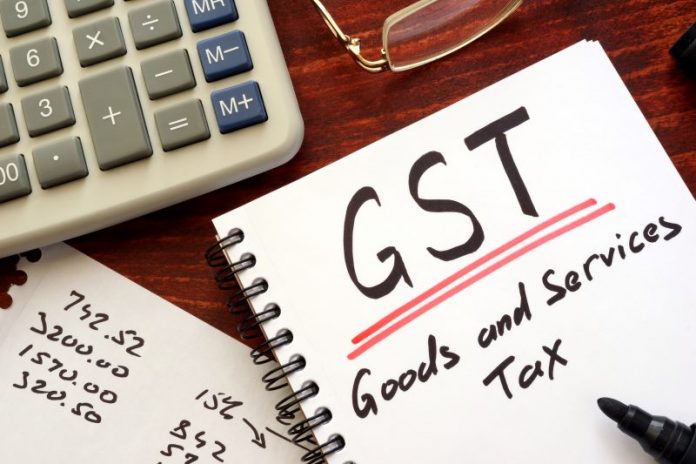Sri Lanka government is set to introduce the Special Goods and Services Tax (SGST) setting up a separate tax revenue collection unit at the treasury forcing trade unions of the Departments of Inland Revenue and Excise to stage protest campaigns.
Trade union leaders said that this move will affect the whole tax revenue collection system creating confusion among tax payers encouraging them to default.
The new bill titled ‘Special Goods and Services Tax’ was published by gazette dated 07 January 2022. The Special Goods and Services Tax (SGST) was originally proposed in Budget speech 2021 but was not implemented.
It has once again been presented in Budget 2022. The SGST aims to consolidate taxes on manufacturing and importing cigarettes, liquor, vehicles and assembly parts, while also consolidating taxes on telecommunication and betting and gaming.
The rationale for this new tax as per the bill is .to promote self-compliance in the payment of taxes in order to ensure greater efficiency in relation to the collection and administration on such taxes, officials said.
Another aim is to avoid the complexities associated with the application and administration of a multiple tax regime on specified goods and services, Finance Ministry sources said. The SGST Bill is silent on the treatment of the existing VAT on these goods and services.
However, according to the Value Added Tax (Amendment) Bill also gazetted on 07 January 2022, liquor, cigarettes and motor vehicles will be exempted from VAT while telecommunications and betting and gaming services will still be subject to VAT.
While the gazetted Bill sets out some of the features of the proposed SGST there are many important areas not covered in the Bill. These are expected to be gazetted as and when required by the Minister in charge.
Tax revenue which was 13% of GDP in 2010, declined to 8% in 2020. Ad hoc policy changes and weak administration contributed to the decline in tax revenue collection.
According to the budget speech the SGST is estimated to bring in an additional Rs. 50 billion in revenue in 2022. Revenue from taxes proposed to be consolidated under the SGST has significantly declined over the past 3 years.
Given the already difficult macroeconomic environment, along with ad hoc tax policy changes raising the additional revenue estimated at Rs. 50 billion seems a difficult task.
According to the bill, SGST will now be collected through a new unit set up under the General Treasury where a Designated Officer (DO) will be in charge of the administration, collection and accountability of the tax.
The existing revenue collection agencies, such as the Inland Revenue Department (IRD) or the Excise Department will not be primarily responsible for the collection of this tax.
By removing the IRD and Excise Department, a parallel bureaucracy will be created, at a time when public spending needs to be carefully managed.
The General Treasury also has no previous experience and expertise in direct revenue collection. Weak administration is one of the key reasons for the low tax collection and success of this tax would depend on the strength of its administration.
In addition to the above mentioned concerns, as per the Bill the minister in charge of the SGST has been vested with the power to set the rates, the base and grant exemptions. Accordingly, Parliamentary oversight over fiscal matters is weakened under this proposed Bill.
